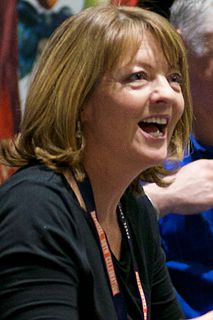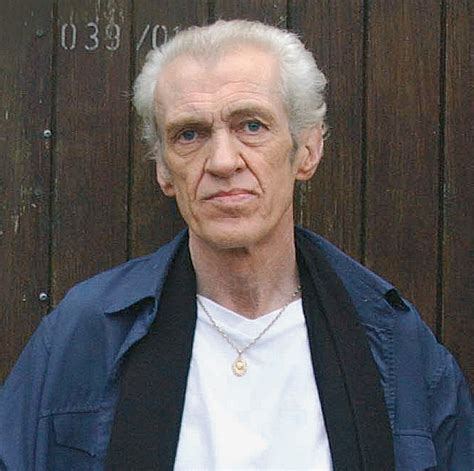A Quote by Alastair Reynolds
We've had science fiction novels where China is dominant; we've had novels where India is dominant, and I suppose it's all about getting away from that cliched old tired idea that the future belongs to the West.
Related Quotes
It had also been my belief since I started writing fiction that science fiction is never really about the future. When science fiction is old, you can only read it as being pretty much about the moment in which it was written. But it seemed to me that the toolkit that science fiction had given me when I started working had become the toolkit of a kind of literary naturalism that could be applied to an inherently incredible present.
In Pakistan, many of the young people read novels because in the novels, not just my novels but the novels of many other Pakistani writers, they encounter ideas, notions, ways of thinking about the world, thinking about their society that are different. And fiction functions in a countercultural way as it does in America and certainly as it did in the, you know, '60s.
I don't put a very clear label on my work. If anything, I write science fiction - looking at a moment now, in the present, and then extrapolating outward to think about what the future might look like if this particular trend goes on, or if this particular trend is the most dominant. That's a science fictional tool.
The real origin of science fiction lay in the seventeeth-century novels of exploration in fabulous lands. Therefore Jules Verne's story of travel to the moon is not science fiction because they go by rocket but because of where they go. It would be as much science fiction if they went by rubber band.


































